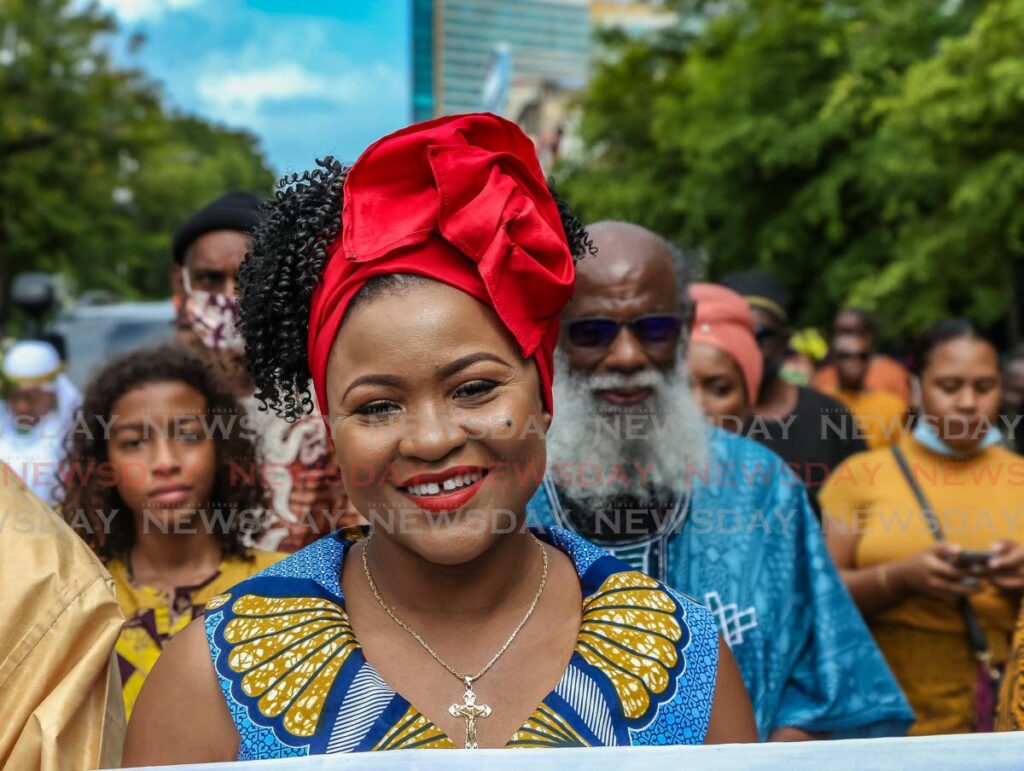Outdated hair rules

WE WELCOME the conversation now taking place, and also called for by Minister of Education Dr Nyan Gadsby-Dolly who has convened a meeting with stakeholders next month, in relation to the policing of hair in schools. The conversation is overdue.
It is a shame the situation at Trinity College, Moka, was allowed to fester as it did, culminating in the disgraceful scenes of rows of youngsters being excluded from their graduation at the All Saints Anglican Church, Port of Spain, on Tuesday, reportedly due to non-compliance with school rules which call for hair to be worn “short, neat and appropriate.” Most of the students excluded had cornrows.
It is also deeply regrettable there were instances of verbal abuse from parents, some of whom hurled obscenities to express their displeasure at what was occurring. There is a time and place for appropriate forms of protest.
There is indeed a sense that the importance of cultural identity through hair is either misunderstood or dismissed outright, especially for black students, as former student Khafra Kambon, the former head of the Emancipation Support Committee, notes.
"I think that a lot of foolish rules are made...They aren't made with consideration for some of the cultural strands among African children. I think we should be far more advanced than that...," he told Newsday.
Dr Gadsby-Dolly has been criticised for not taking a stronger stance. But the minister oversees a system and operates within a legislative framework that constrains her.
Make no mistake, beneath this issue, as well as the recent furore over the place of LGBTQI books on the curriculum, lies the Concordat and the powers apportioned thereby to denominational boards.
The legal backdrop is also complex.
Education is a right in this country. But so too is religion and freedom of expression. The balancing of all is a difficult matter.
Almost three decades ago, the High Court ruled in a dispute between Holy Name Convent and a Muslim student who wished to wear a modified version of the school uniform to accommodate her beliefs. The court, in that instance, said the school was wrong to deprive the student of wearing her hijab, but the school appealed before dropping the case years later.
Meanwhile, the limits of the Concordat continue to be tested and a case over recruitment powers looms.
Every now and again, controversy also erupts over attempts to exclude Rastafarians from schools or the premises of organisations such as banks.
We believe the school’s rules are outdated, vague and out of touch. While officials deny race is a factor, there is no doubt these rules have a disproportionate impact on Afro-Trinidadians, Indo-Trinidadians and people of mixed race.
We live in a country in which we teach children to commemorate Indian Arrival Day and Emancipation Day. Yet we also tell them, through rules such as these, that Eurocentric standards are the only acceptable ones.
Time to trim this colonial baggage.


Comments
"Outdated hair rules"